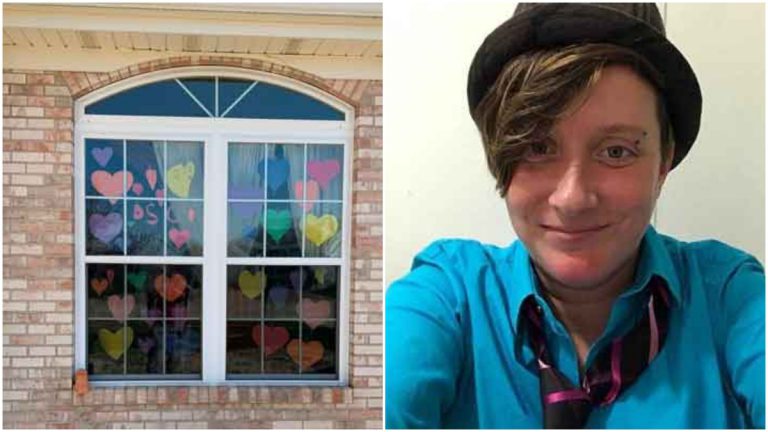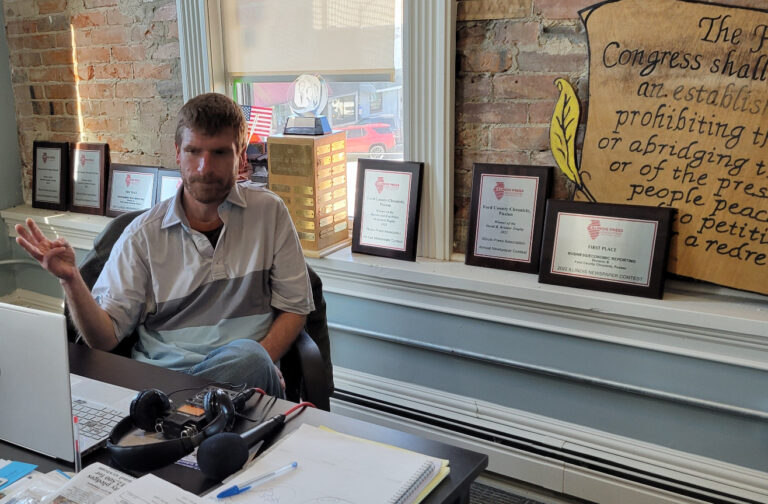Agencies that provide services to adults with disabilities have had to change the way they operate during the COVID-19 pandemic.
Because of Illinois’ shelter-in-place order, the Developmental Services Center has had to cancel all in-person programs at their building in Champaign.
The agency has since relied on technology, whenever possible, to provide case management and other support remotely, says Danielle Matthews, CEO of the DSC.
Matthews says direct service providers continue to provide in-person care for adults with disabilities in group homes, which are staffed 24/7, and to individuals with disabilities living on their own or with family in the community.

Matthews says since last week, DSC has provided employees with masks and personal protective equipment, or PPE, after the state issued new recommendations to do so in order to reduce COVID-19 transmission in “congregate living facilities.”
“We do have some PPE but we are in need of more,” Matthews says. “We have a state advocacy group that we are working with to get more, as well as the Department of Human Services is working to get more through the governor’s office.”
Prior to last week, Matthews says they followed public health guidance to provide PPE to employees only if there was a confirmed or suspected COVID-19 case in a group home or residence.
Matthews says she’s grateful for employees at DSC who continue to provide essential services during the pandemic, helping fulfill the organization’s mission “to support people in living a rich and meaningful life.”
DSC Community Day Services Manager Angie Smith has worked with adults with disabilities for nearly two decades and now oversees DSC’s direct service providers.
“We’re trying to meet the basic needs in the group homes,” Smith says. “(For) the people that live in the community by themselves, we’re making sure we maintain contact, making sure they have groceries and (their) essential needs.”
Smith says prior to the COVID-19 pandemic, direct service providers would help adults with disabilities volunteer in the community and facilitate programs, such as cooking groups, art classes and other group activities.
While those activities have been put on hold due to the state’s shelter-in-place orders, Smith says DSC employees find ways to assist individuals with activities at home and with outdoor activities that can be done while maintaining social distancing.
But because of the nature of the work, Smith says maintaining physical distance between direct service providers and the individuals they serve is not always possible.
For example, direct service providers provide adults with disabilities assistance with medication and other personal care.
Smith says she continues to do her job because she cares about the people she works with and the individuals they serve.
“At the end of the day, you feel rewarded,” Smith says. “That keeps me going.”
Follow Christine on Twitter: @CTHerman







